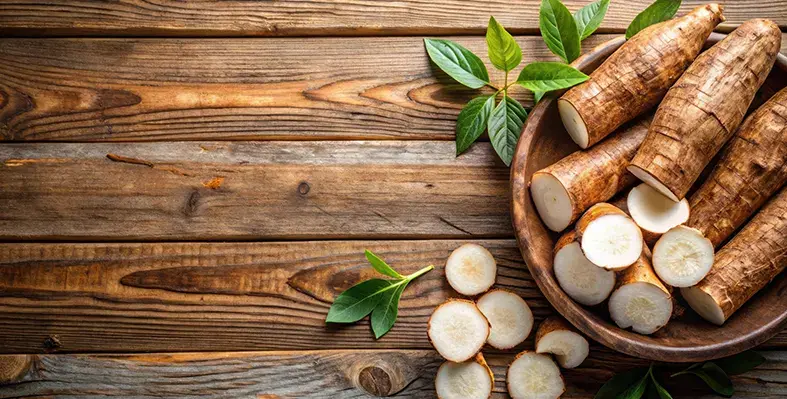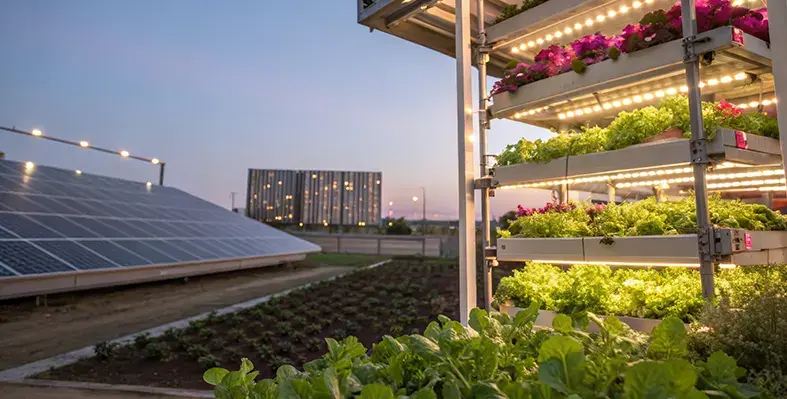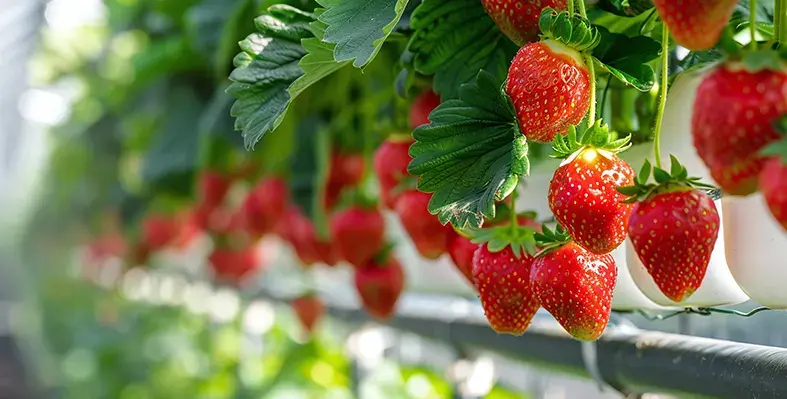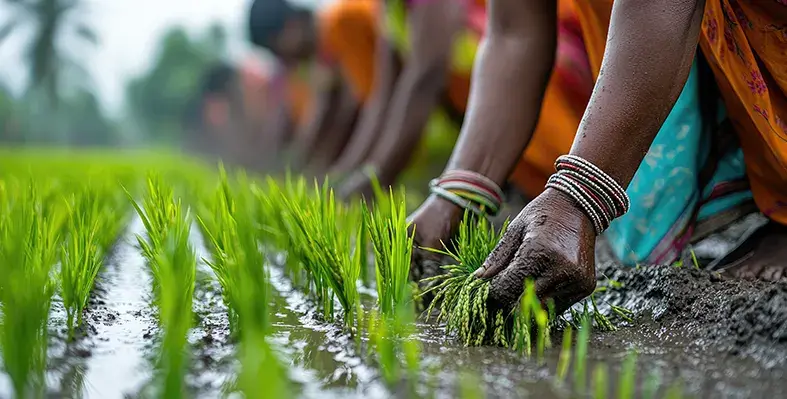Vietnam and Japan are set to launch a circular cassava production model aimed at making cassava farming more sustainable while increasing the value of one of Vietnam’s top exports.
The project, a partnership between Vietnam’s Ministry of Agriculture and Environment (MAE) and the Japan International Cooperation Agency (JICA), is expected to begin in September.
Approved in December, the initiative will focus on improving the value, quality, and sustainability of Vietnam’s cassava industry, which ranks as one of the country's 13 key exports. According to MAE, Vietnam is the third-largest exporter of cassava and cassava-based products. Cassava is also an essential source of income for smallholder farmers, especially in rural regions, and a staple food for many.
This project will be Vietnam’s first circular cassava production model, incorporating smart soil health monitoring and advanced technologies like sensors, satellites, and drones to monitor both soil and crops. A significant goal is to develop a sustainable supply chain for cassava starch that also supports carbon storage and promotes eco-friendly farming practices.
A key feature of the project is the integration of carbon measurement methods (MRV), which will allow for better monitoring and smart management of the value chain.Hoang Trung, deputy minister, highlighted that one of the primary objectives is to shift cassava farming towards a circular system by selecting carbon-storing cassava varieties and introducing sustainable farming methods.
“The Ministry of Agriculture and Environment will provide full support to ensure that JICA and its partners can implement all project components efficiently and on schedule,” said Trung.
This initiative aligns with the Ministry's Sustainable Cassava Industry Development Scheme, which runs through to 2030, with a long-term vision set for 2050.
The pilot project, led by Takuro Shinano, professor of Hokkaido University, will take place in Tay Ninh province, selected for its suitable climate, reliable water access, worker safety, and strong potential for scaling up. The working group, in collaboration with Tay Ninh’s department of agriculture and environment, conducted field surveys before choosing the site.
Shinano, professor emphasized that the project aims to establish a solid technical foundation for Vietnam, backed by technology transfers from Japanese partners and the International Centre for Tropical Agriculture (CIAT). The initiative will also include training programmes for Vietnamese technicians in Japan, installation of laboratory equipment, and provision of tools for the design and analysis facility in Tay Ninh.








